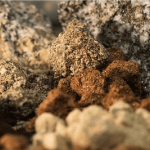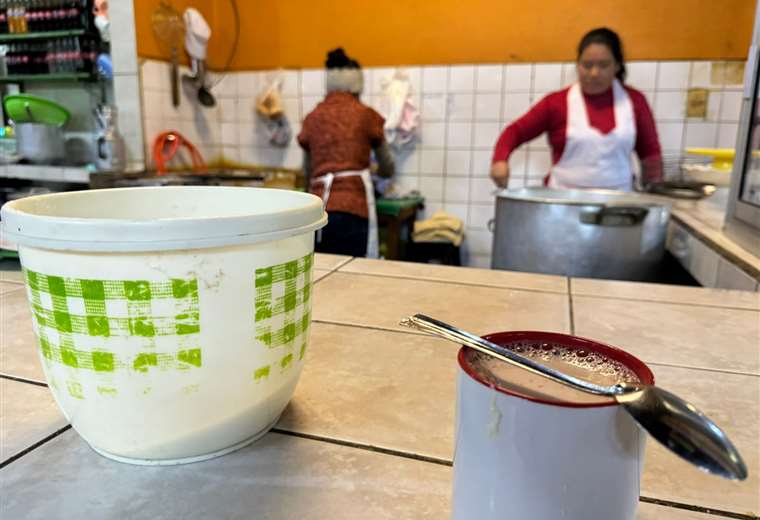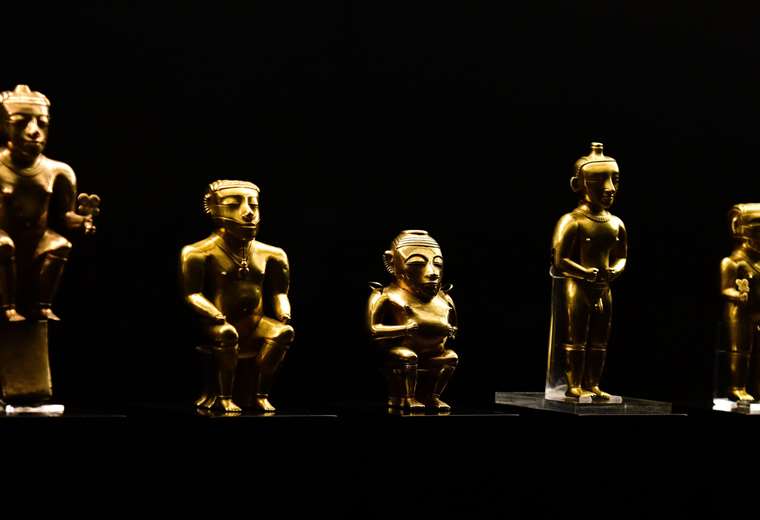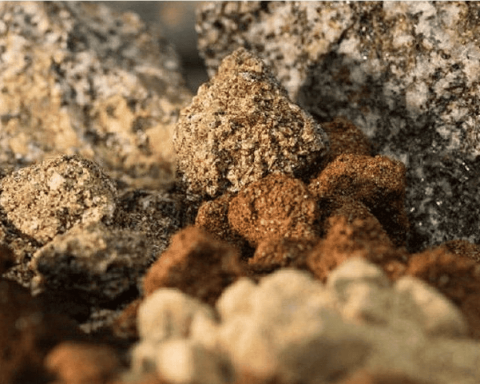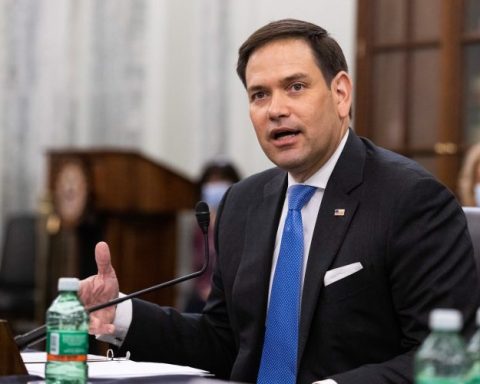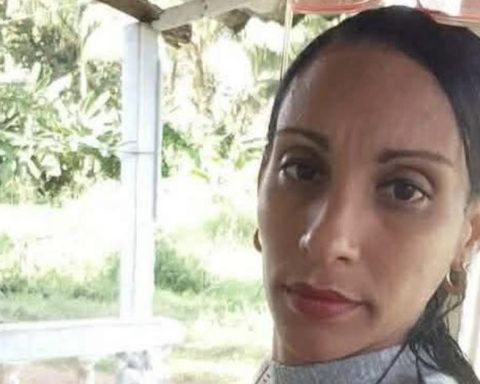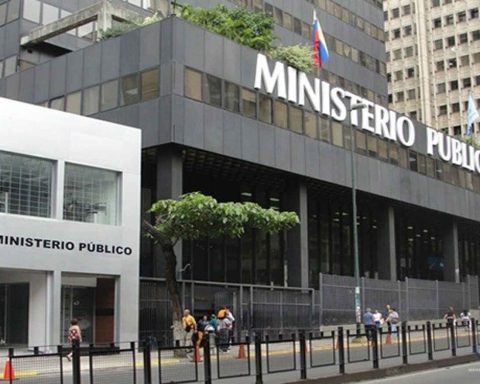The dream of some became a nightmare for others, this is how farmer Abel Marenco summarizes the announcement in 2013 that Nicaragua would begin the construction of an interoceanic canal that should be ready by 2020.
His participation in the demonstrations against the project and the persecution of the Nicaraguan government pushed him into exile in Costa Rica, where he left on April 9, 2021, according to what he told the Voice of America after the authorities searched for him to arrest him.
Marenco is one of thousands of farmers exiled in Costa Rica as a result of opposing the construction of a canal that would connect the Atlantic and Pacific oceans through the Caribbean Sea, and that, according to protesters, would cut off access roads to their communities.
The canal that would put Nicaragua to compete with Panama
The construction of the interoceanic canal was announced by the Ortega government in 2013 with the promise of doubling the Gross Domestic Product (GDP) of Nicaragua and becoming a competitor of the Panama Canal.
When the National Assembly approved the construction of the project, it granted the concession to the company HK Nicaragua Canal Development Investment Co. Limited, based in Hong Kong and owned by Chinese businessman Wang Jing, who promised that the work would be ready by 2020. This deadline was not fulfilled due to lack of resources.
In May of this year, the National Assembly of Nicaragua finally withdrew the concession granted to the Chinese businessman to build the interoceanic canal in the Central American country, but reformed a law to transfer the megaproject into the hands of the State.
“The idea of taking our lands persists, that is why we continue in resistance,” Marenco assured the VOA from Costa Rica, where he is exiled.
The farmer lives in a refugee camp with more than 10 families, including that of Francisca Ramírez, a peasant leader and leader of the Anti-Canal Movement, formed within the framework of the demonstrations against the project.
Ramírez describes the repeal of the law that granted the concession for the construction of the canal to a Chinese businessman as “a victory.”
“For me and for all of us who fought, knowing that if we didn’t do it our lands were going to be expropriated, we felt proud of the fight, because we took it on with great seriousness and responsibility,” he said.
“The fruit we had was to prevent the Chinese from continuing to come to our lands, to remove them from the territories and thus be able to demonstrate nationally and internationally that we were legitimate owners of our lands and that we were fighting to not allow expropriation,” said Ramírez.
Protests from exile
A report of the Nicaragua Never Again Human Rights Collective, an NGO established in Costa Rica, points out that due to the political crisis in Managua, from 2018 to December 2022 at least 462,000 people were forcibly displaced from the country and requested international protection. Peasants are part of this list.
The organization assures, however, that it is difficult to count the percentage of land workers who left Nicaragua for having opposed the construction of an interoceanic canal.
For the farmers who oppose the construction of the canal in Nicaragua, opposition to the project continues even from exile.
“We protest in many ways,” Ramírez said. “One of them was taking to the streets. Another was letting the organizations and State institutions know that this law did not bring benefits or development to our country, but rather took away our rights. The channel left us totally without access to the city and without the right to live in our communities because they were going to disappear,” he added.
The Ortega government has emphasized that the interoceanic canal will remain in place, but has remained silent about the withdrawal of the concession to a Chinese businessman. In September 2022, President Daniel Ortega promised that the channel would be a reality “at some point.”
“It is true, there is a canal through Panama, which has been expanded, but the demands of international traffic are so great that the canal through Nicaragua is necessary,” said Ortega.
Law 800, or “Law of the Legal Regime of the Grand Interoceanic Canal of Nicaragua and the Creation of the Authority of the Grand Interoceanic Canal of Nicaragua”, is what establishes a framework for the construction of the project.
Some think “Law 800 should disappear, because it is the entire legal framework and, in reality, with that he can do what he wants.” [Daniel Ortega] want. He should know that what belongs to the people, belongs to the people, and the people respect each other,” said Francisca Ramírez, opposition leader.
With the reform carried out by the National Assembly in May of this year, the Management of the Authority of the Grand Interoceanic Canal of Nicaragua will be in charge of state officials and a son of President Ortega: Laureano Ortega. The management is empowered to coordinate everything related to the planning and operation of the canal, stipulated in the legislation.
Connect with the Voice of America! Subscribe to our channelsYoutube, WhatsApp and to newsletter. Turn on notifications and follow us on Facebook, x and instagram.







